
Recommendation
You can’t claim to support women’s liberation without championing marginalized women in unpaid, precarious jobs worldwide, say professors Cinzia Arruzza and Nancy Fraser of the New School, and Tithi Bhattacharya of Purdue. They advocate for inclusive feminism that heeds the concerns of all women, whatever their ethnic and economic background. The authors criticize the lapses and blindspots of modern feminism (which they criticize as representing the 1%, not the 99%), but biased social systems are clearly their real enemies.While some readers may find the authors’ call for social change controversial, they speak passionately on behalf of neglected women around the world.
Summary
About the Authors
Cinzia Arruzza is an associate professor of philosophy at the New School for Social Research, where philosophy professor Nancy Fraser is the Loeb Professor of Political and Social Science. Arruzza is also the author of A Wolf in the City, and Fraser also wrote Cannibal Capitalism. Tithi Bhattacharya, an associate professor of South Asian history at Purdue University, also wrote Social Reproduction Theory and The Sentinels of Culture.











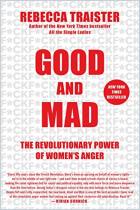
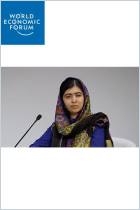
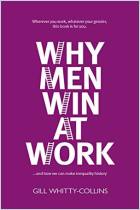
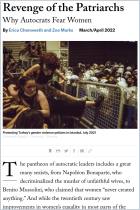
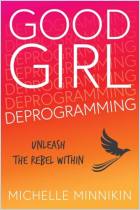

Comment on this summary or Diskussion beginnen